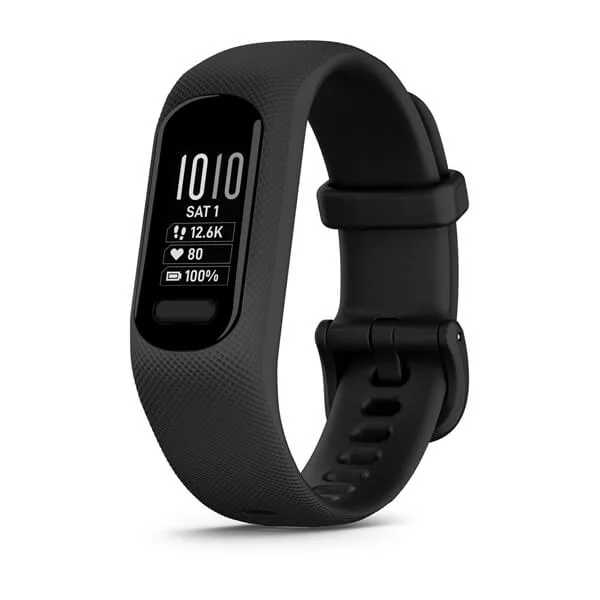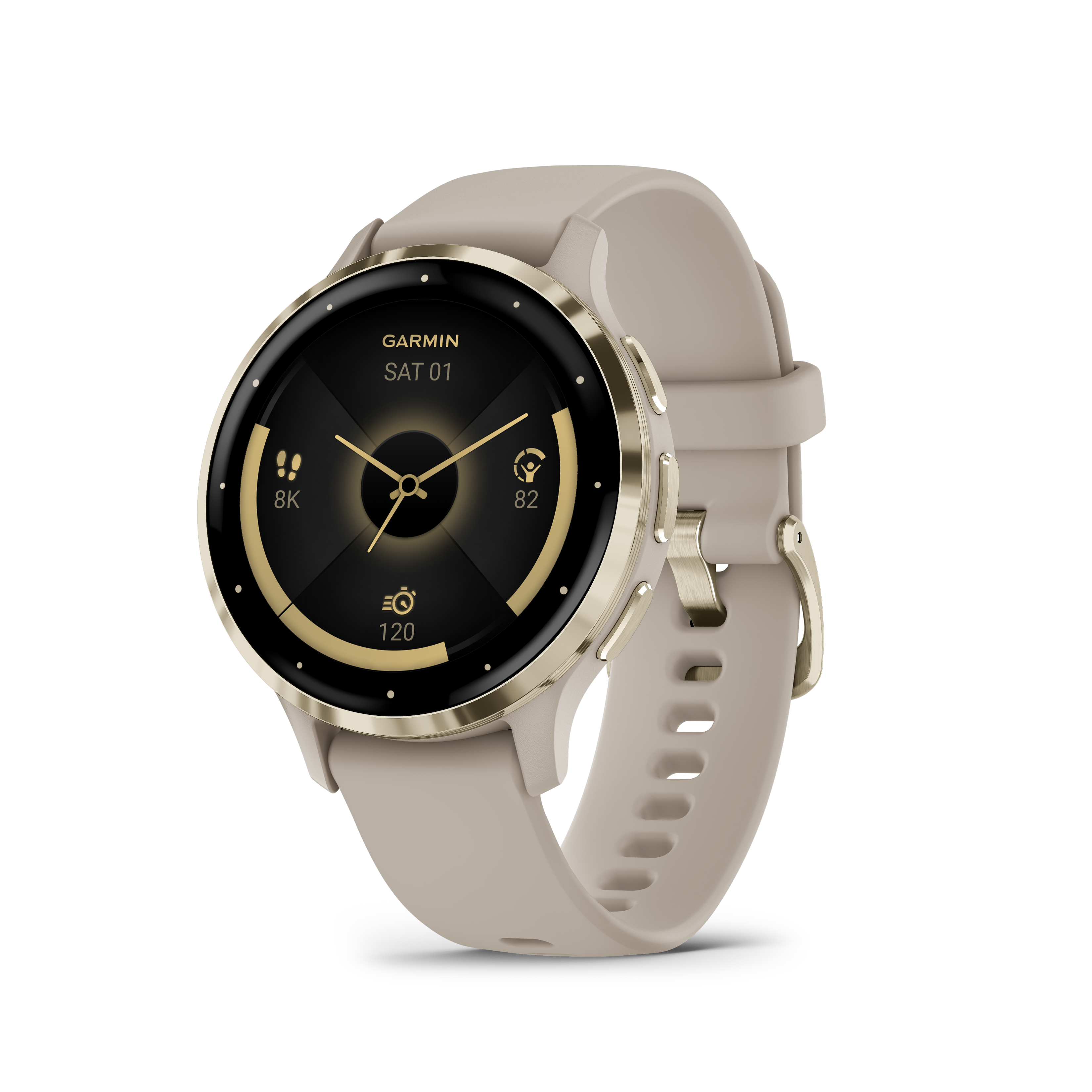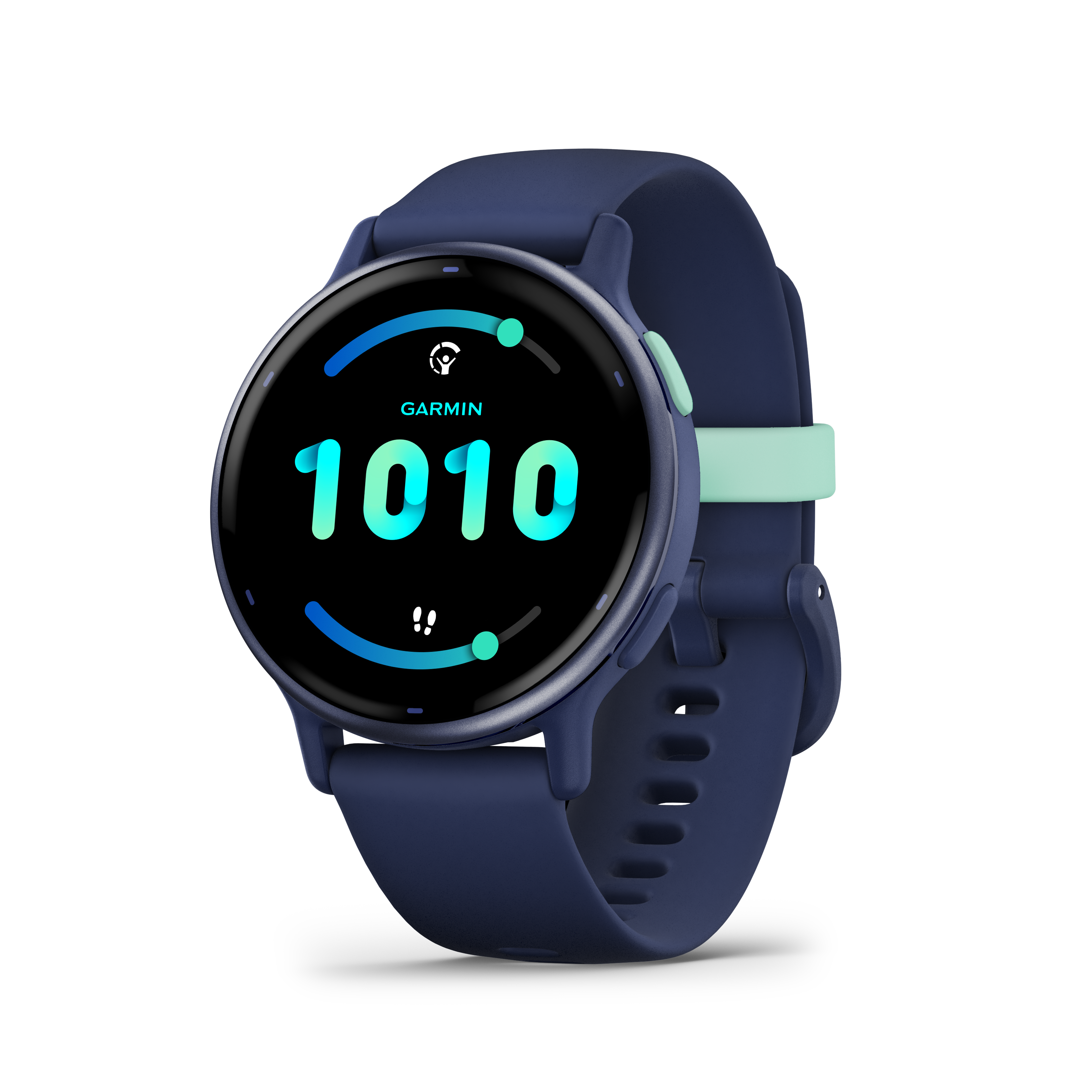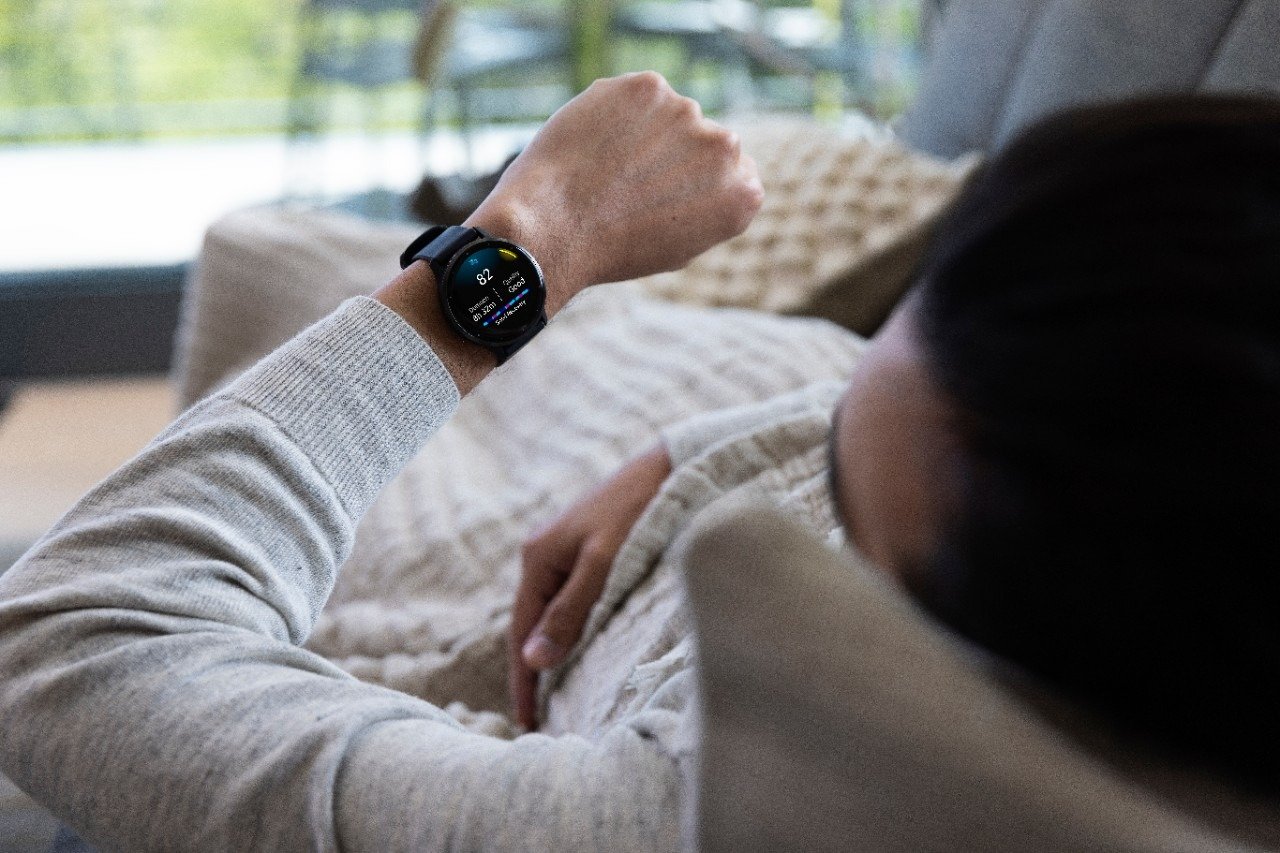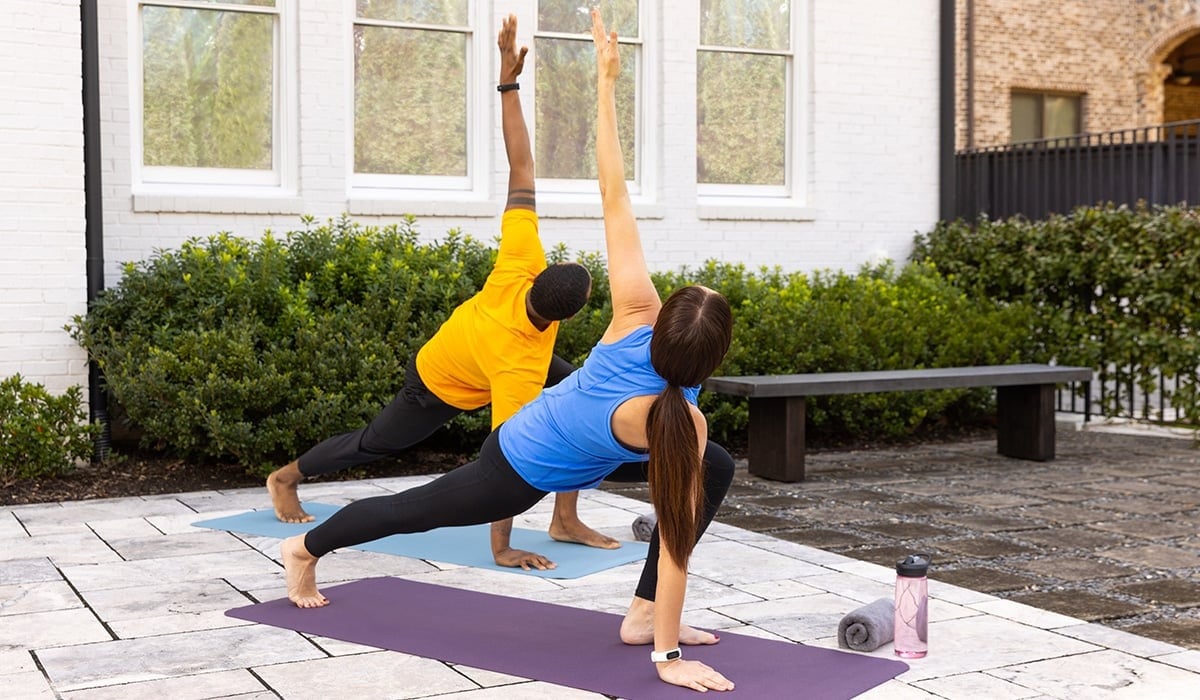
The Science of Sleep: Garmin Health at the Forefront of Sleep Research Initiatives
Read our new edition of the Garmin Health Research Glimpse, a journey into the realm of health and clinical research, focusing on the essential yet often overlooked aspect of human well-being — sleep. As we delve into the significance of sleep research, we’ll explore how Garmin is at the forefront, contributing invaluable insights to various studies that aim to unlock the mysteries of sleep and its impact on our health. We’ll explore the impacts of social media detox on sleep in teenagers, a comprehensive investigation into university students’ sleep behaviour across the semester using Garmin smartwatches, the detrimental influence of esports on sleep duration and stress levels, and the ability of consumer-grade devices such as the Garmin vívosmart® series to replicate medical device sleep-actigraphy (analysing sleep movement via wearables to get objective data about sleep patterns) results.
Why Sleep Matters:
Sleep, a fundamental pillar of health, plays a crucial role in physical, mental and emotional well-being. Research has shown that adequate, quality sleep is linked to improved cognitive function, emotional resilience and overall better health outcomes. As we navigate through the intricate landscape of sleep studies, it becomes evident that understanding sleep patterns is not only key to enhancing daily performance but also holds the potential to unveil solutions for myriad health challenges.
How Garmin Factors in:
Garmin maintains a strong dedication to health research, with the Garmin Health Connected Ecosystem serving as an important asset for advancing scientific exploration.The data collected through Garmin smartwatches and fitness trackers, coupled with the powerful Garmin Health SDKs and the Garmin Connect™ Developer Programme, facilitates comprehensive monitoring of various health metrics. From tracking sleep patterns to assessing stress levels and heart rate1, Garmin devices provide researchers with a wealth of information, contributing to a deeper understanding of the intricate interplay between sleep and overall well-being.
Impact of Social Media Detox on Sleep in Teenagers

The Study:
This teen-focused intervention study was conducted with a national cohort of teen girls to explore the impacts of social media detoxes. During a 12-day period, comprising 4 days of pre-intervention, 4 days of intervention (detox) and 4 days of post-intervention, the teenage girls completed either a full or partial 4-day detox of all social media platforms. Over this period, the teenage girls wore Garmin fitness trackers and provided self-reported measures to comprehensively grasp their experiences with the social media detox.
How Garmin Factors in:
Participants wore the Garmin vívosmart® 4 fitness tracker for 12 days in order to collect the following: (1) stress, (2) sleep quality and quantity, and (3) heart rate variability. The data from the Garmin fitness tracker was used to analyse averages and changes across participants’ experiences on the detox, specifically comparing their heart rate/stress/sleep on the detox to the pre- and post-intervention periods.
The Result:
The study reveals a complex relationship between reduced social media usage and its effects on individuals, with both quantitative and qualitative data uncovering diverse impacts across participants. Notably, participants exhibited diverse changes in heart rate, sleep patterns and stress levels following the intervention, with variations observed in both the magnitude and direction of these impacts. While the majority experienced extended sleep durations during the detox period, a significant subgroup displayed decreased sleep, suggesting a nuanced interplay between social media engagement and adolescents’ well-being. These findings underscore the need for personalised approaches in understanding the diverse experiences of individuals when it comes to managing social media use for improved well-being.
Additional resources:
Connected Learning Alliance Blog
PhysioQ Article
Spectrum News
The Doctors Segment
The Social Media Well-Being Experiment – Labfront
Garmin Fitness Tracker Allows for Lower-cost Alternatives for Sleep Tracking Studies

The Study:
This study assessed whether an affordable consumer fitness tracker, Garmin vívosmart 4, could replicate sleep-actigraphy results traditionally obtained from medical devices such as Actiwatch 2 and Motionlogger. Sleep actigraphy is the use of wearable devices to conduct objective assessments of sleep patterns by monitoring movements during both sleep and wakefulness, facilitating research into sleep behaviours and dynamics.
How Garmin Factors in:
The Companion SDK enabled the research team to extract raw accelerometer data from vívosmart fitness tracker, which in turn allowed the team to analyse this data with two different methods for sleep patterns. This analysis was then used and compared to results from medical devices to see how accurate they were in detecting when someone was asleep or awake.
The Result:
The sleep/wake classifications derived from the vívosmart 4 closely matched those from the medical devices, demonstrating consumer fitness trackers can provide comparable sleep actigraphy data to medical devices. With the Labfront platform and the Garmin enhanced actigraphy feature on affordable devices such as the vívosmart® 5, researchers now have a lower-cost method to collect robust sleep actigraphy data.
Additional resources:
Replicate Motionlogger results with a Garmin smartwatch | Labfront
Replicate Actiwatch results with a Garmin smartwatch | Labfront
Obtaining Actigraphy Sleep Report Using Garmin Wearable Devices and Labfront App | medRxiv
TUM Student Sleep Monitoring – University Student Sleep: Does It Change Across the Semester?
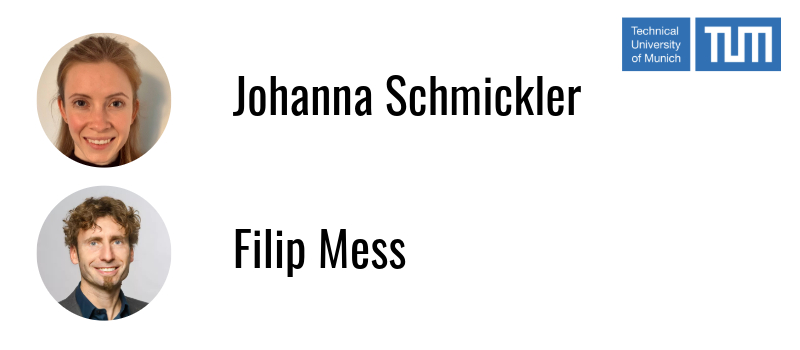
The Study:
This pilot project collects data from undergraduate and graduate students to better understand student sleep behavior by gaining more insights into the daily variations and longitudinal trends across the semester. The aim is to obtain data from 50 students.
How Garmin Factors in:
During this 18-week study, participants’ Garmin smartwatches, such as Venu® 3, vívoactive 5 or Forerunner® 265, will be used to prospectively record sleep quantity and quality. Additional objective information, including stress level, students’ daily step counts and women’s menstrual cycle, will be measured and help to provide an overall picture of students’ sleep behaviour and associated factors.
The Goal:
The team at the Technical University of Munich hopes to use the data collected to help identify periods where university students are especially vulnerable to problematic sleep. This information is of great importance for developing adequate interventions to promote healthy sleep in students within the university setting.
Influence of esports on Sleep and Stress

The Study:
The study conducted at the University of the Bundeswehr Munich explores the rising trend of esports, focusing on its impact on sleep and stress levels. Recognising the comparable psychophysiological demands between esports and traditional sports, such as cognitive flexibility, decision-making under pressure, fast reaction times or high hand-eye-coordination, the investigation aims to understand the influence of gaming on sleep and stress.
How Garmin Factors in:
A Garmin fēnix® was used to assess individual sleep and stress parameters while participants completed both a gaming and a non-gaming session on two consecutive evenings.
The Result:
It has been demonstrated that gaming significantly reduces sleep duration and leads to a considerable accumulation of stress. Consequently, from a health perspective, the need for tailored sleep interventions and stress-coping strategies for both professional and recreational esports players is further underscored. With the assistance of Garmin smartwatches, insights into sleep patterns and stress levels can be obtained, enabling esports enthusiasts to better understand and address the impact of gaming on their health and empowering them to develop personalised strategies for improving sleep and managing stress effectively.
Additional resources:
Influence of esports on Sleep and Stress | Zeitschrift für Sportpsychologie (hogrefe.com)
Could Garmin wearable technology and the Garmin Health connected ecosystem play a vital role in your next health or clinical study? Contact us today to find out more.
Alternatively, if you want to learn more about related projects, visit www.garmin.com/third-party-studies-overview for more research projects with Garmin Health. In addition, all information on research and clinical trials can be found here.
